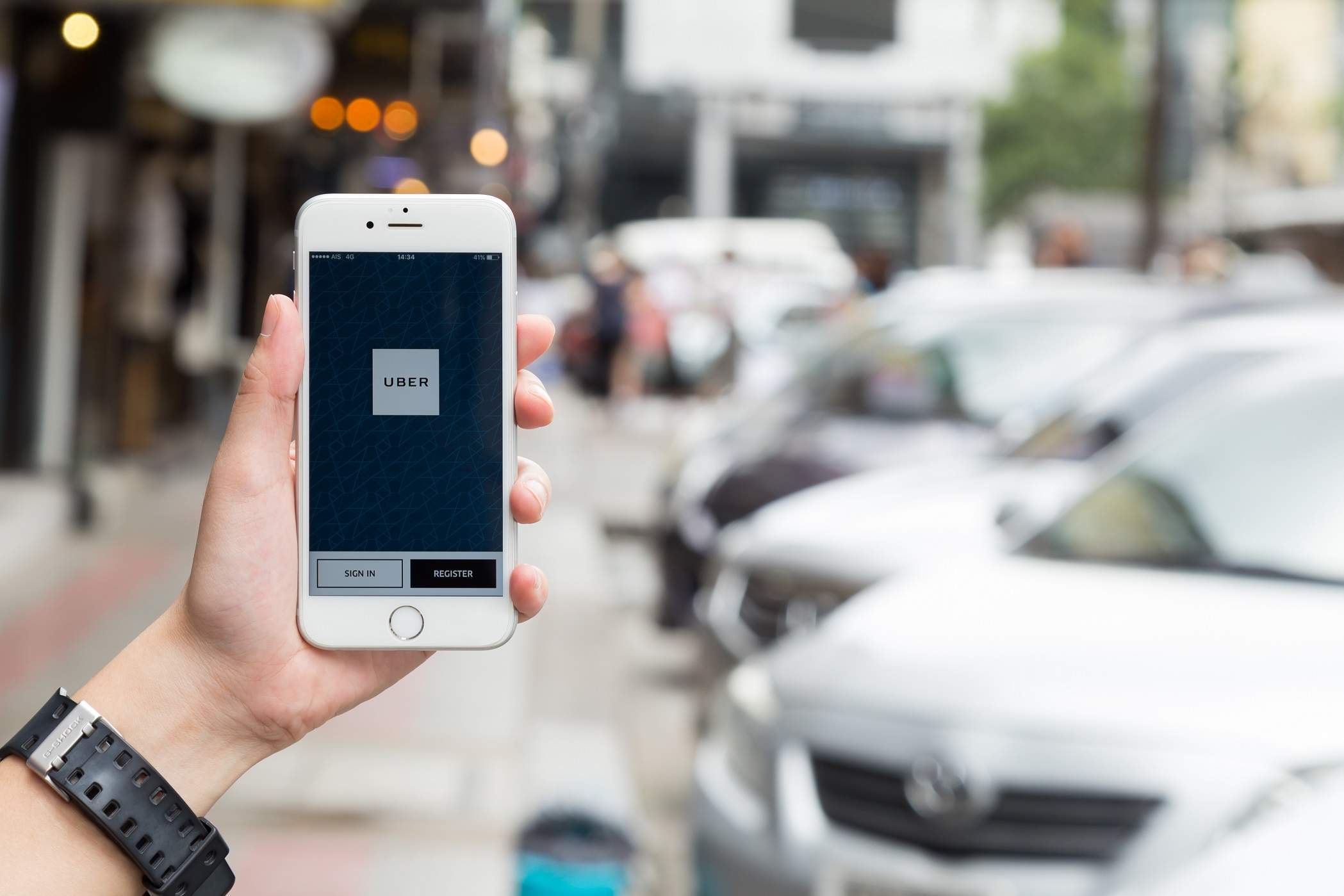
Taxi startup Uber has been unsuccessful in its attempts to overturn a ruling which says it must treat its drivers as official workers.
Earlier this year, the London Employment Tribunal ruled that Uber was acting unlawfully by not providing drivers with basic workers’ rights. This includes holiday pay, guaranteed minimum wage, and entitlement to breaks.

Access deeper industry intelligence
Experience unmatched clarity with a single platform that combines unique data, AI, and human expertise.
The Silicon Valley-based startup appealed the ruling. It says it is not an employer but merely an agent for the drivers. It said the ruling could deprive its drivers of the “personal flexibility they value.”
However, earlier today UK judge Jennifer Eady, rejected Uber’s appeal, instead favouring the startup’s former drivers and the GMB Union which had been fighting the battle.
An employment solicitor from the law firm, Leigh Day which was representing the drivers, Nigel Mackay, said:
“We are very pleased that the EAT has rejected Uber’s appeal. We have always believed that the Employment Tribunal’s decision from last October was entirely correct in saying that our GMB member clients were entitled to workers’ rights such as the minimum wage and holiday pay.”
 GlobalData Strategic Intelligence
GlobalData Strategic IntelligenceUS Tariffs are shifting - will you react or anticipate?
Don’t let policy changes catch you off guard. Stay proactive with real-time data and expert analysis.
By GlobalData
WIN! Landmark victory for GMB & Uber workers' rights today as Employment Appeal Tribunal UPHOLDS its original ruling that drivers = workers. pic.twitter.com/LPu3DtmxrC
— GMB Union (@GMB_union) November 10, 2017
Uber London tribunal appeal decision has ramifications for the whole gig economy
Uber could face huge costs if its workers appeal for back pay for the funds they are now entitled to.
The company has 40,000 drivers in London alone, though not for much longer if Transport for London has its way.
Beyond that, the decision will have could impact all of the UK’s 1m workers in the gig economy.
Other firms in the sector, such as food-delivery company Deliveroo, have long maintained that they would offer such benefits to its workers if the UK government pushed through the necessary legislation.
This ruling is now the UK law, regardless of parliamentary legislation.
However, it’s not all rosy. Uber could appeal the appeal, which could see the case end up in the UK’s Supreme Court.
It’ll be interesting see how Uber’s new chief executive Dara Khosrowshahi handles this challenge. In an interview published yesterday in the New York Times, he says that the Uber under former chief executive and co-founder Travis Kalanick is not going to be the Uber under him. This could be his chance to prove that.







